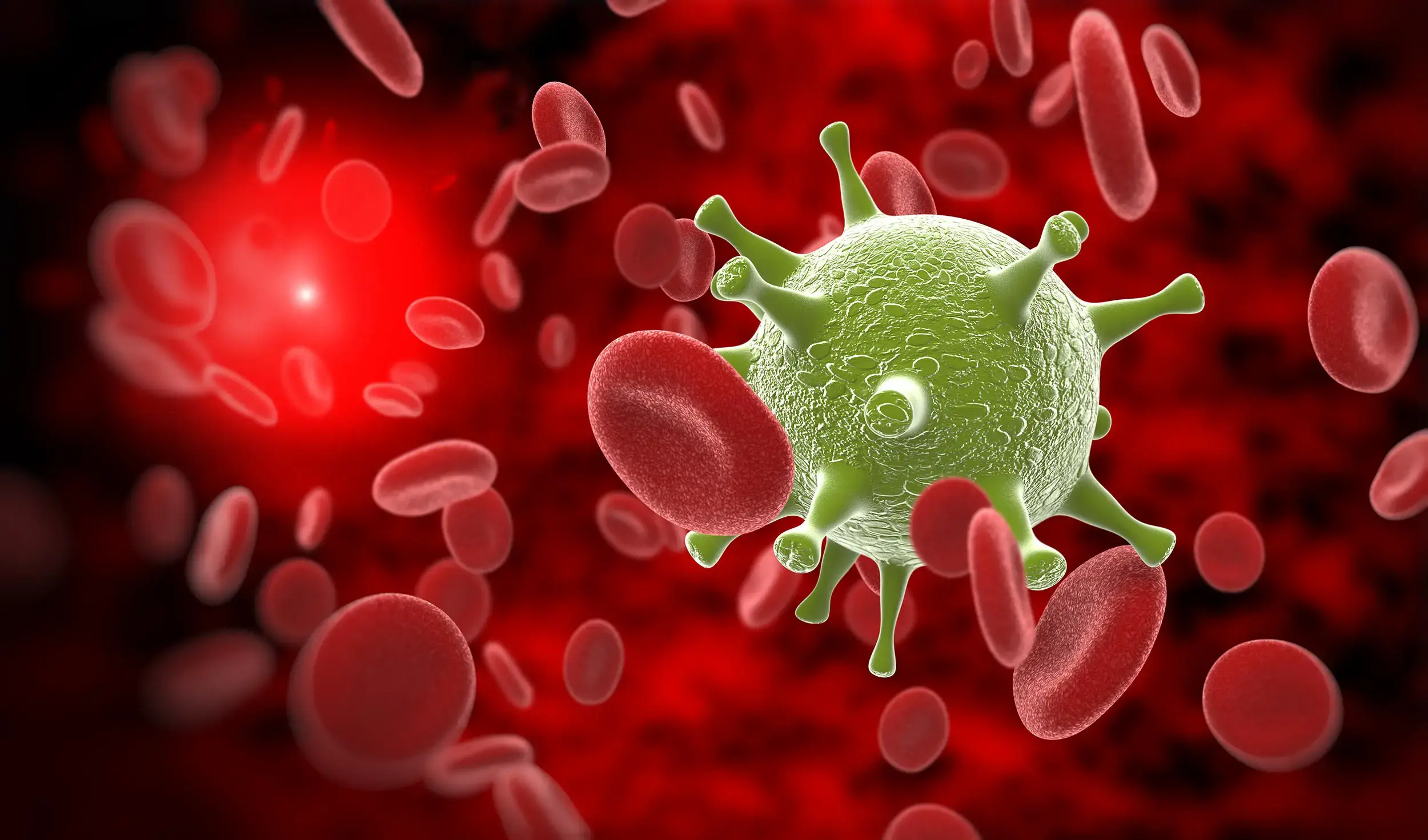Led by WEHI and The Peter Doherty Institute for Infection and Immunity (Doherty Institute) — leading medical research institutes in Melbourne, Australia — the landmark study is being translated into a new clinical trial to assess whether the blood cancer treatment can be repurposed to offer a pathway towards an HIV cure.



All it has to do is delay long enough for you to die for some other reason, then it’s a cure. Even if it doesn’t delay that long, the fact that it does will greatly help with research on delaying it further.
It delays onset two weeks. Not really a cure.
I don’t really understand what kind of trial that is. We don’t know how the existing drugs perform in the same test. We don’t know whether it’s a single dose or multiple doses, we don’t know how much the dose was.
So, in this context, “delayed the virus from rebounding by two weeks” doesn’t really mean anything.
The key takeaway is that they’ve determined that the drug is able to kill some of the latent infection cells. Prior to this, nothing was known to kill those cells.
Read the article. There was no clinical trial. Some HIV patients donated cells the child work on in a lab. It hasn’t technically been through a clinical trial.
I’m not saying there’s nothing there, just to its not a cure like the clickbaity title says it is.
I did read the article, which is why I said “I don’t really understand what kind of trial that is.”
My comment stands.
deleted by creator